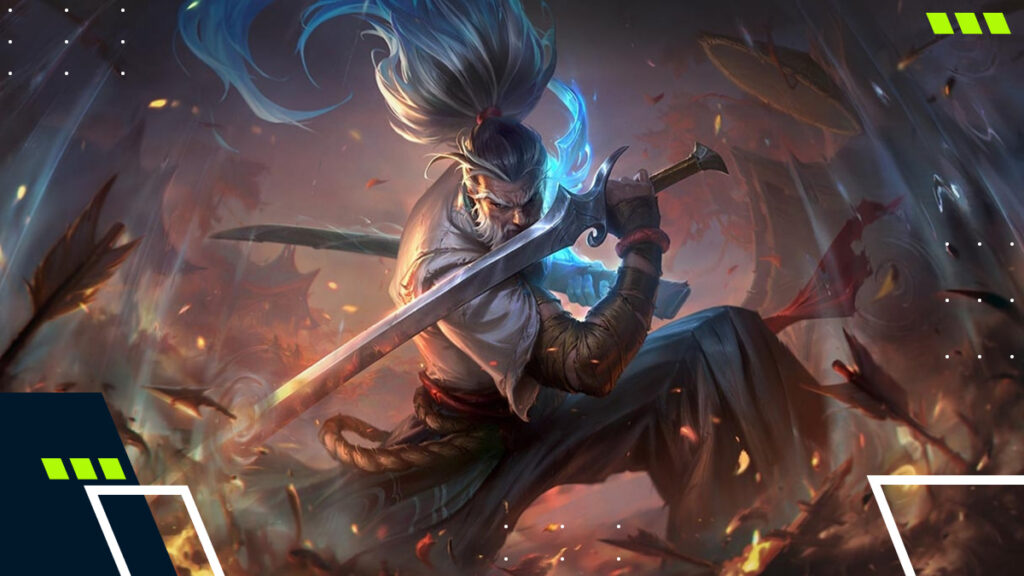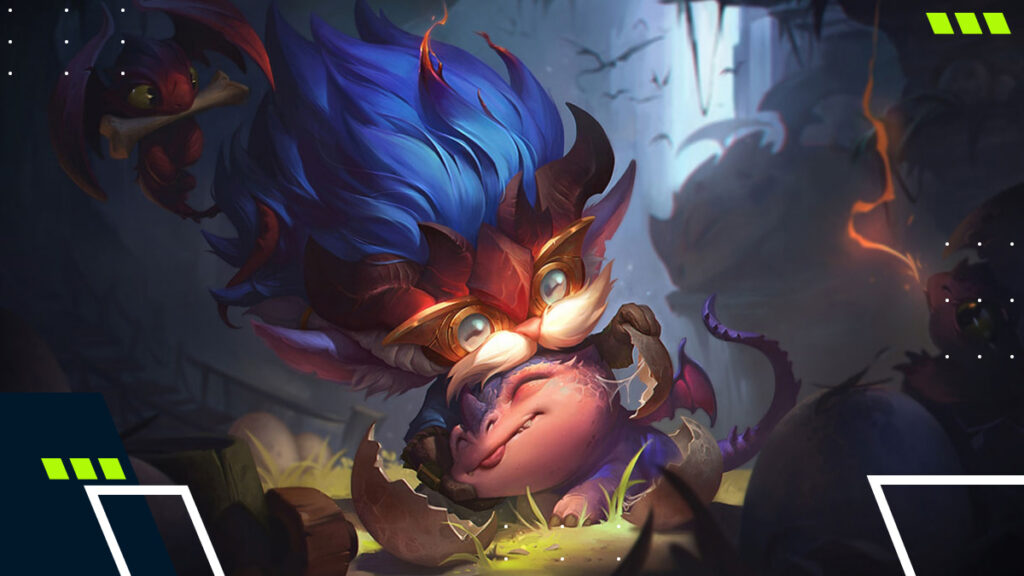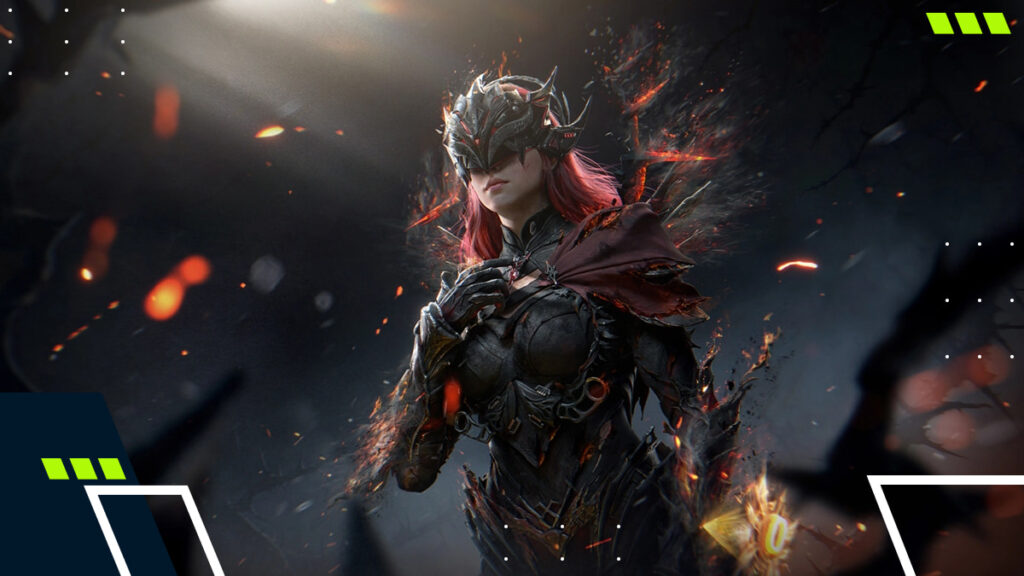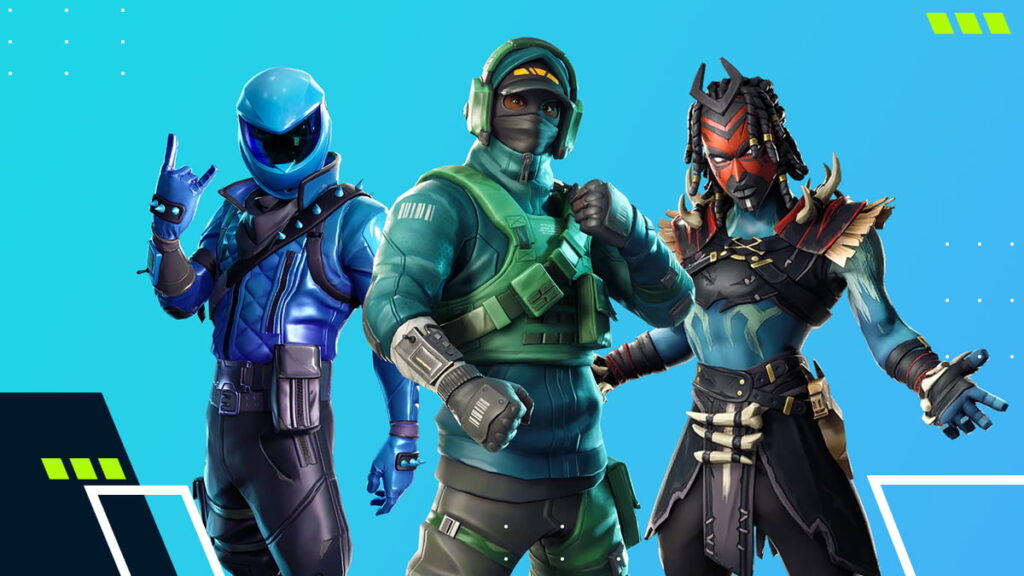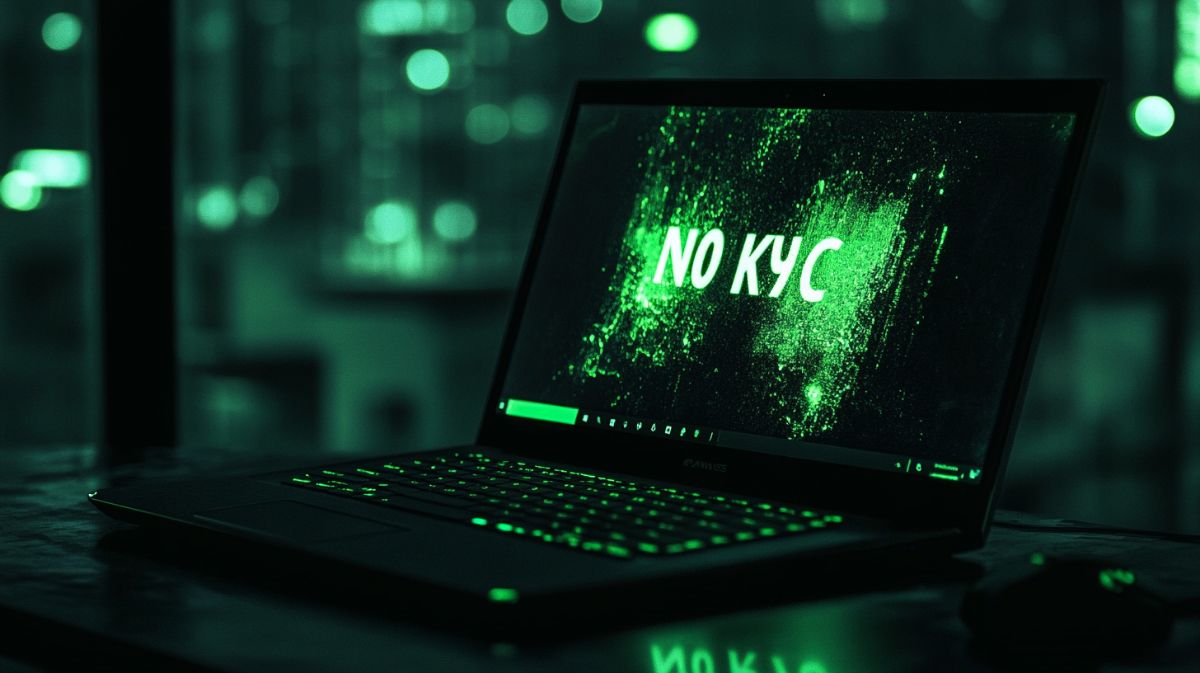All CS2 Ranks / CSGO Ranking System Explained
Your Counter-Strike rank is what sets you apart from the rest of the players in the game. It is the badge of honor on your profile and a showcase of your skill and prowess. Over the years, Valve has made minor adjustments to its ranking system, but the core aspects of it are almost set in stone. Join us as we go over all CS2 ranks and explain how the CS ranking system works.
We’ll cover all CS2 ranks, from Premier to FACEIT and plain old Competitive. So, if you’re someone who wants to learn more about the CS2 ranking system, we’ve got you covered.

EsportsDotNet
- 1. What are CS2 Ranks?
- 2. CS2 Competitive ranks guide
- Silver I to Silver Elite Master
- Gold Nova I to Gold Nova Master
- Master Guardian I-Distinguished Master Guardian
- Legendary Eagle to Global Elite
- 3. How to see your rank is CS2
- 4. CS2 Premier ranks
- 5. CS2 Premier ranks compared to CS:GO ranks
- 6. Tips for ranking up fast in CS2
- 7. CS2 Ranks Per Map
- 8. CS2 FACEIT Ranks
- 9. What is rank decay?
- 10. FAQs
What are CS2 Ranks?
Ranks in CS2 are a way for the game to match you against other players of your skill level. This helps ensure that matches are fairly balanced and players don’t feel they are facing people either massively better or worse than themselves.
The CS2 ranking system has seen a few changes compared to the CS:GO version, with a whole new ranking system, Premier, being introduced. We’ll break everything down in detail below.

© Tim Kikkert
CS2 Competitive ranks guide
Competitive is one of two CS2-ranked modes. These ranks will be familiar to CS:GO players, spanning the classic range from Silver to Global Elite.
One thing that makes Competitive unique is that you have a different rank for each map. Each match you play on a map affects only the ranking for that map, so if you really wanted, you could be a Dust 2 Global Elite while being Silver on the other maps.
For those who need a refresher or are new to the game, we’ll go through all the CS2 ranks in order below.
Silver I to Silver Elite Master
Silver is the lowest rank in the game and most likely the starting point for all new Counter-Strike players. It ranges from Silver I to Silver Elite master, with a total of six different ranks in this range. These are:
- Silver I
- Silver II
- Silver III
- Silver IV
- Silver Elite
- Silver Elite Master
Gold Nova I to Gold Nova Master
The first milestone beyond the Silver ranks is Gold Nova. Out of all CS2 ranks, this is where the highest density of the player population sits. Essentially, if you’re in the Gold Nova ranks, you’re the average Counter-Strike player.
There are just four Gold Nova ranks:
- Gold Nova I
- Gold Nova II
- Gold Nova III
- Gold Nova Master
Master Guardian I-Distinguished Master Guardian
Master Guardian is a step above Gold Nova in the CS2 ranking system. At these ranks, you’re above average, but still in one of the more populated rank brackets. With that said, getting this high is already an achievement, and beyond the Master Guardian ranks lie the highest ranks in the game.
Again, there are four of these ranks:
- Master Guardian I
- Master Guardian II
- Master Guardian Elite
- Distinguished Master Guardian
Legendary Eagle to Global Elite
The final group of Counter-Strike ranks makes up the four highest ranks in the game. At this point, players really know their stuff, and the ranking ceiling is reached at Global Elite. For those who want to continue the grind and see their ranks change, the options are Premier matchmaking or external services like FACEIT.
The ranks in this bracket are:
- Legendary Eagle
- Legendary Eagle Master
- Supreme Master First Class
- Global Elite
How to see your rank is CS2
To see your Counter-Strike rank, you’ll first need to unlock it. For Competitive, this means winning 10 games. Remember that you have a different rank for each map, so you’ll need to win 10 games on every map if you want a rank for all of them.
Meanwhile, for Premier, you just have to play 10 games. The results don’t matter for unlocking your rank, although the more wins you get, the higher your initial placing will be.
Once you’ve unlocked a rank, you can see it for Competitive by heading to the Competitive mode menu, and it will be displayed under each map icon. For Premier, you can find your rank on the home screen under your name, on your CS profile, and in the Premier mode menu.

Credit: Valve
CS2 Premier ranks
The CS2 ranking system has seen a complete overhaul for the Premier game mode. Now, CS2 Premier ranks are displayed as a number from 1 to 30,000 and above, known as CS Rating. The ranks are split into tiers based on color rating:
| 4,999 and below | Gray |
| 5,000 to 9,000 | Light blue |
| 10,000 to 14,999 | Blue |
| 15,000 to 19,999 | Purple |
| 20,000 to 24,999 | Pink |
| 25,000 to 29,999 | Red |
| 30,000 and above | Gold |
Beyond just getting a CS Rating, you are also ranked in a global leaderboard. You can track in real-time where you place in your region, the whole world, and even just among your friends.

The new CS2 Premier ranking system. Credit: Daniel Morris
CS2 Premier ranks compared to CS:GO ranks
With the transition from CS:GO to CS2, the question on everyone’s mind is: how do CS2 Premier ranks compare to CS:GO ranks? Luckily, there’s an easy way to get a rough idea, and we’ve outlined exactly how you can compare your rank between the two versions of the game below:
| 1,000 to 2,800 | Silver I |
| 2,800 to 3,800 | Silver II |
| 3,800 to 4,200 | Silver III |
| 4,200 to 4,700 | Silver IV |
| 4,700 to 4,999 | Silver Elite |
| 4,999 to 5,600 | Silver Elite Master |
| 5,600 to 6,500 | Gold Nova I |
| 6,500 to 7,400 | Gold Nova II |
| 7,400 to 8,400 | Gold Nova III |
| 8,400 to 9,400 | Gold Nova Master |
| 9,400 to 10,000 | Master Guardian I |
| 10,000 to 10,900 | Master Guardian II |
| 10,900 to 12,000 | Master Guardian Elite |
| 12,000 to 13,100 | Distinguished Master Guardian |
| 13,100 to 14,200 | Legendary Eagle |
| 14,200 to 15,500 | Legendary Eagle Master |
| 15,500 to 18,000 | Supreme Master First Class |
| 18,000 to 30,000+ | Global Elite |
This information is subject to change, with anything from direct adjustments from Valve to simple changes in overall player skill levels being able to affect it. However, it’s still a good way to get a look at all CS2 ranks and how they roughly match up to the CS:GO versions.
Tips for ranking up fast in CS2
Almost everyone who plays competitive games has one goal: rank up. Most of the time, it isn’t easy, and it’s no different when it comes to the CS2 ranking system. However, we’re here to help with some key tips.
The first, and most important step for ranking up in CS2 (or any game!) is practice. There’s nothing worse than losing ELO because you haven’t played in a week and have to shake off a bit of rust on the server. If you’re always playing, you’re likely always getting better. Whether you play aim maps or just hop into games, you’ll benefit regardless.

Another good way to improve is to watch demos. If you have a particularly good or bad game, watch back some of your best and worst moments. With the benefit of having X-ray turned on in demos, you can easily see enemy and teammate positioning, so you can see what you could have done differently. You can use this information to get an idea of what to do next time.
Another good option for ranking up is to find teammates. Playing with people you know and can trust can improve communication and teamwork, leading to more success in matches. It sounds simple, but avoiding solo-queue can be a great way to increase your rank.
CS2 Ranks Per Map
One of the biggest changes to the CS2 competitive ranked system is that ranks are now assigned per map. Back in CS:GO, you might’ve heard the term Vertiglobals (players only good on Vertigo), and the ranks in CS2 have made it a reality!

For each map, you’ll begin the game without any kind of CS2 rank. You then have to win 10 matches on each before being assigned your new rank. With 14 maps currently in the game, it’ll take a bit of time if you want a rank for each!
CS2 FACEIT Ranks
If you’ve had your fill of Premier, or maybe even been through all the CS2 ranks, FACEIT is another option that lets you battle through the ranks in a highly competitive setting.
FACEIT is a third-party client that allows you to play with some of the most skilled CS2 players around the world. It features a powerful anti-cheat system, a completely new ranking system, and is generally considered the premier destination for more serious and highly competitive Counter-Strike ranked action.

FACEIT’s CS2 ranks. Credit: Daniel Morris
In fact, Premier was intended to be a competitor to FACEIT, but so far, it hasn’t fully panned out, at least at the top level of the game, as the vast majority of professional players prefer to compete on FACEIT.
The ranks on FACEIT are assigned on a 10-level system, with every player starting at Level 3. You gain ELO for a win, and lose ELO for a loss – it’s as simple as that. These are the 10 FACEIT CS2 ranks, and the ELO required to reach each:
| 100 to 500 | Level 1 |
| 501 to 750 | Level 2 |
| 751 to 900 | Level 3 |
| 901 to 1,050 | Level 4 |
| 1,051 to 1,200 | Level 5 |
| 1,201 to 1,350 | Level 6 |
| 1,351 to 1,530 | Level 7 |
| 1,531 to 1,750 | Level 8 |
| 1,751 to 2,000 | Level 9 |
| 2,000+ | Level 10 |
Many active Counter-Strike pros sit at Level 10 on FACEIT, with most having ELO way beyond 2,000. It’s a great option for experienced CS players who want to take their gameplay to the next level, but if you’re brand-new to CS2 and try to jump into FACEIT, it might not go too well.
What is rank decay?
In order to maintain your CS2 rank, you’ll need to keep playing the game. Over time, your rank will gradually decrease if you don’t keep playing competitive and premier modes. If you’re inactive for long enough (depending on rank, up to 30 days), you may lose your rank entirely and need to play a game or two to get it back.
